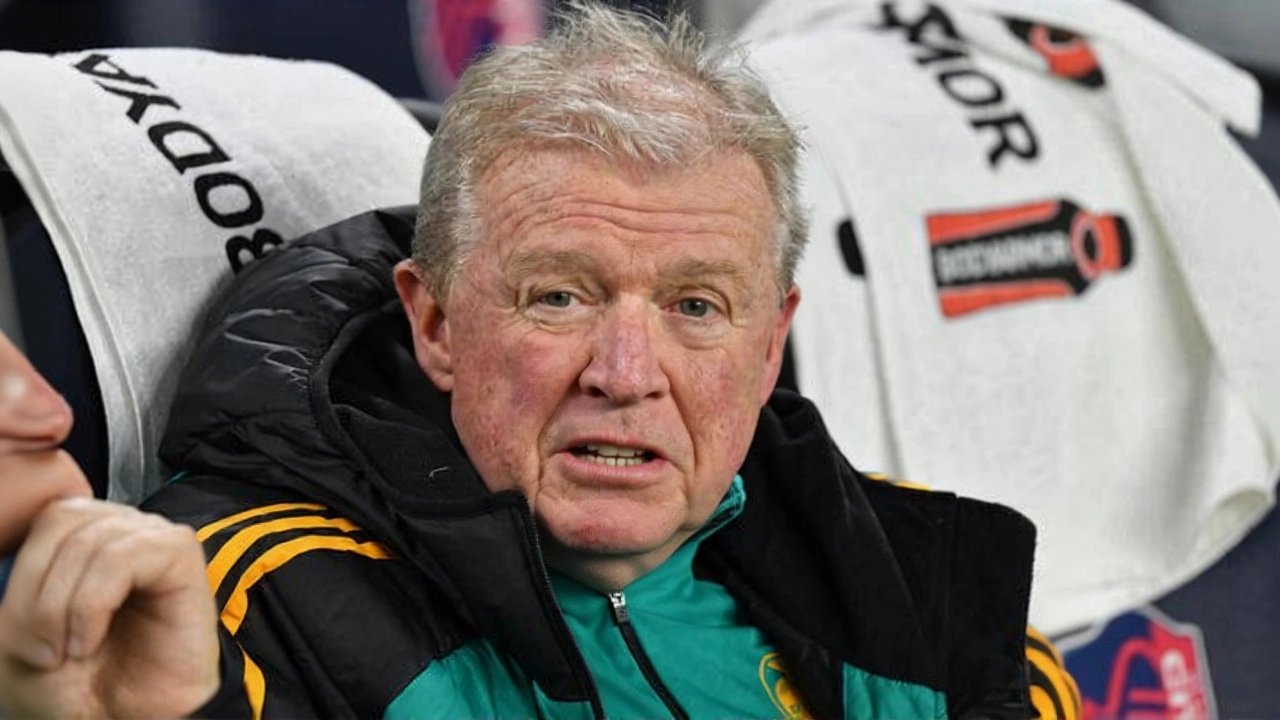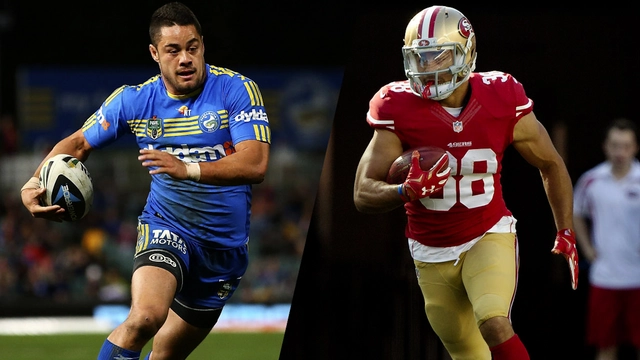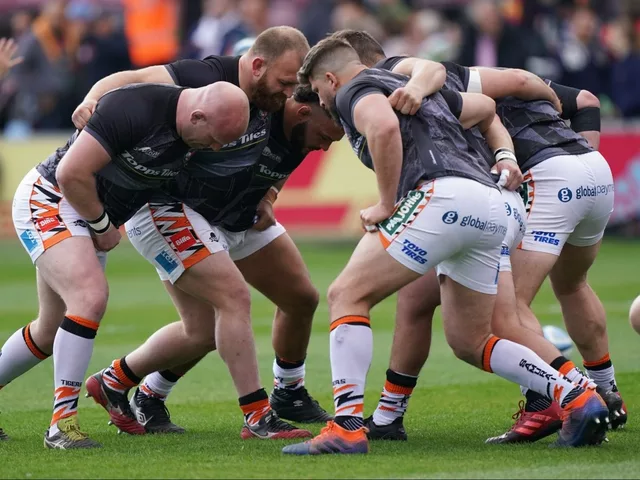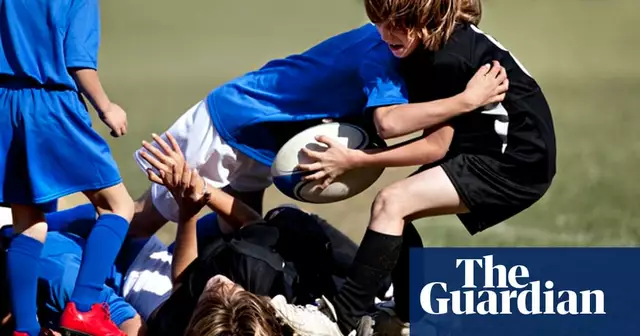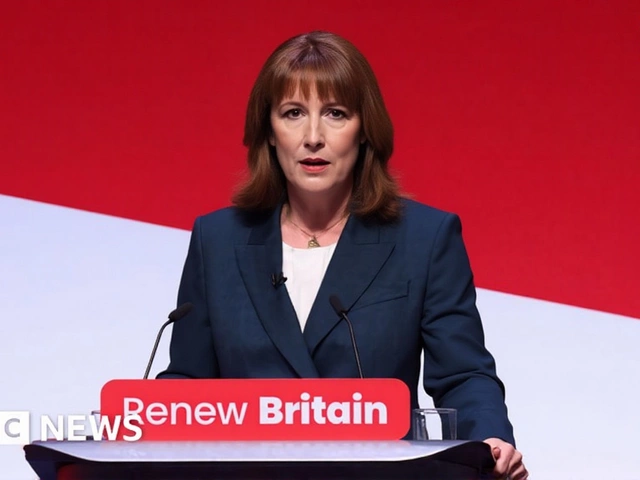Steve McClaren walked off the pitch at Kingston’s National Stadium not as a victor, but as a man carrying the weight of a nation’s dreams — and then he handed them back. On Tuesday night, November 19, 2025, the 64-year-old English manager resigned as head coach of the Jamaica national football team, the Reggae Boyz, after a 0-0 draw with Curaçao ended Jamaica’s hopes of automatic qualification for the 2026 FIFA Men's World Cup. The match, billed as ‘winner takes all,’ ended in silence — no goals, no celebration, just the hollow echo of missed chances. Three times, the ball struck the frame. Three times, salvation slipped away. And in that silence, McClaren made his decision.
"I Carried the Weight With Pride"
McClaren’s resignation speech, delivered moments after the final whistle, was raw, humble, and unmistakably human. "Over the last 18 months, I have given everything I have to this job," he said, his voice steady but heavy. "I carried the weight and the pride of this job with the deepest respect. Leading this team really has been one of the greatest honors of my career. But football is a results business. Tonight we’ve fallen short. It is the responsibility of the leader to step forward." He didn’t blame the players. He didn’t blame the referees. He didn’t even mention VAR, though TVJ News reported drama over two disputed offside calls. Instead, he took it all. "After deep reflection and an honest assessment of where we are and where we need to go, I have decided to step down." The emotional toll was visible. Fans in the stands — many waving Jamaican flags, others with tears streaking through their face paint — stood in silence as he walked to the tunnel. One man held a sign: "Thank you, Steve. You gave us more than wins."A Nation on the Brink, a Tiny Island on the Rise
The consequences of that draw were seismic. While Jamaica — a country of 2.8 million — missed out on direct qualification, Curaçao, with a population of just 160,000, became the smallest nation ever to qualify directly for a men’s World Cup. It was a David-and-Goliath moment, reversed. Curaçao, a Dutch Caribbean island, finished top of Group B with 13 points. Jamaica, despite winning four of their six matches, ended with 11 — one point short. The match itself was a study in frustration. Jamaica dominated possession, pressed high, and created clear chances. But the final pass was off. The shot was blocked. The cross was too high. The ball hit the post, the crossbar, and the post again — each time with a collective gasp from the crowd that turned to groans. "It was heartbreak in slow motion," said one longtime supporter, Marlon Clarke, 47, from St. Andrew. "We saw it. We felt it. And then… nothing."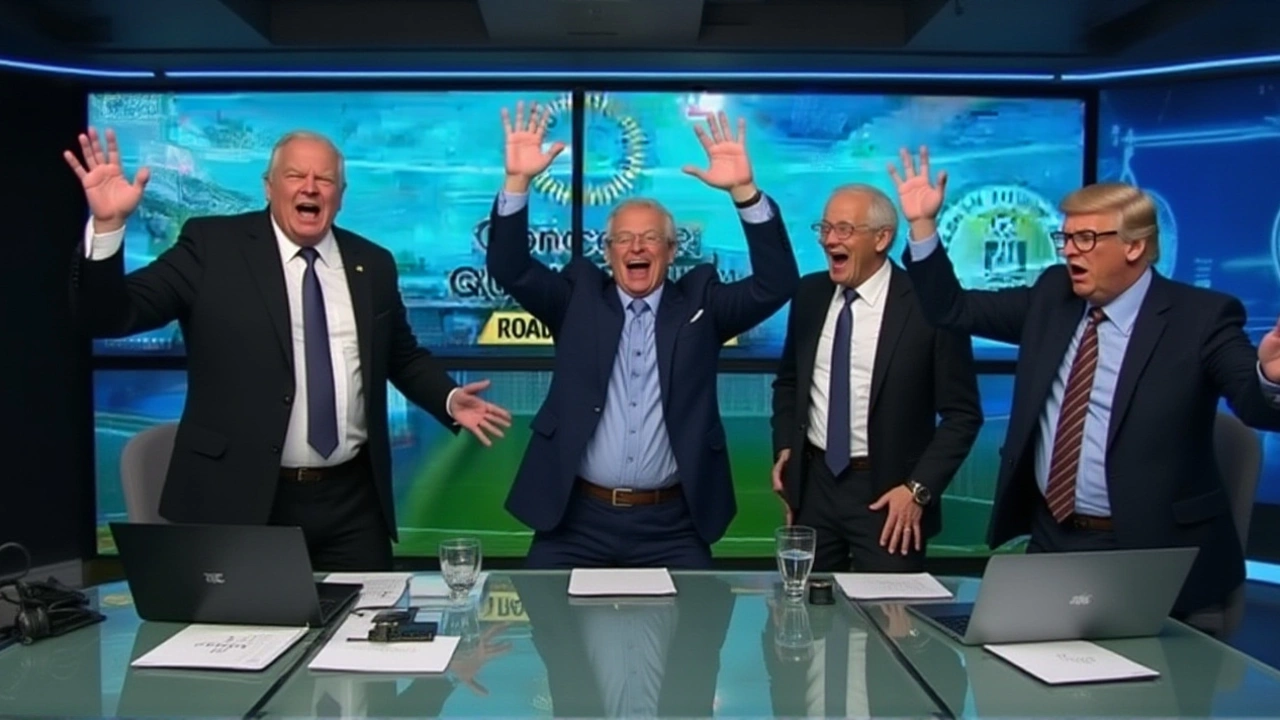
The Federation’s Urgent Response
The Jamaica Football Federation (JFF), headquartered in Kingston, confirmed McClaren’s resignation within the hour. President Michael Ricketts, visibly shaken, said: "The coach has verbally said to me that he has resigned. So I have accepted that. We will put an interim coach in place with some level of urgency." Ricketts acknowledged the disappointment but clung to hope. "We still have a second chance," he said, referring to the upcoming CONCACAF play-off round, where Jamaica will face either Trinidad and Tobago, Guyana, or another team from the lower-ranked groups. "We’re hoping to make the best use of it." This marks the second coaching change for the Reggae Boyz in this cycle. Former coach Theodore Whitmore was dismissed in March 2024 after a poor start to the qualifiers. McClaren, brought in to bring structure and European discipline, inherited a team with talent but inconsistency. Under him, Jamaica won 5 of 10 matches, drew 3, and lost 2 — solid numbers, but not enough when the stakes were this high.What Comes Next?
The JFF now faces a ticking clock. The second-round qualifiers begin in March 2026. They need a coach who can not only manage tactics but also rebuild morale. Potential candidates being quietly discussed include former USMNT assistant coach Cobi Jones, Trinidadian tactician Dennis Lawrence, and even former Jamaica captain Shavar Thomas — a local hero who understands the culture. One thing is clear: the next coach won’t just be hired. They’ll be expected to heal. McClaren’s legacy is complicated. He didn’t get the World Cup. But he didn’t quit when things got hard. He stayed through injuries, fan backlash, and the crushing pressure of representing a nation that lives and breathes football. "Respect and one love to you," he said at the end. And in Kingston, they’re still listening.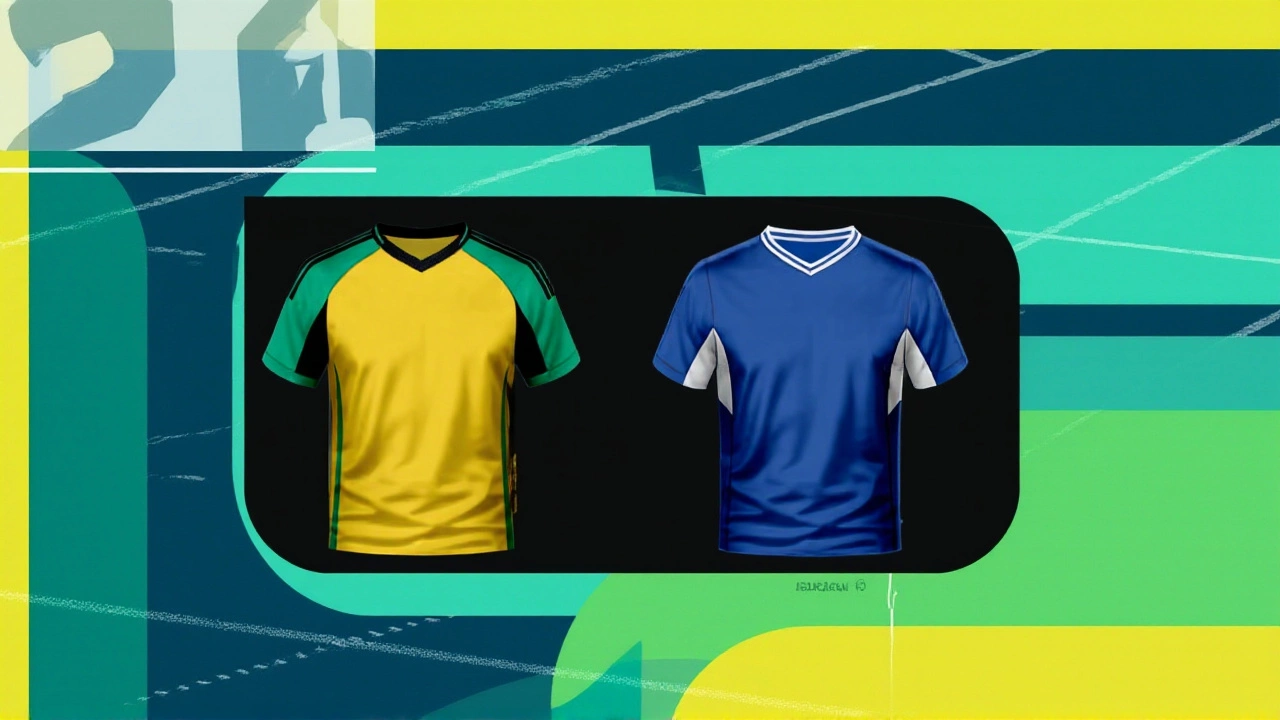
Behind the Numbers
- McClaren coached Jamaica for exactly 18 months (May 2024 – November 2025) - Jamaica played 10 qualifiers under him: 5 wins, 3 draws, 2 losses - They scored 14 goals, conceded 7 - The 0-0 draw with Curaçao was their first goalless match in 13 qualifiers under his tenure - Curaçao’s qualification marks the smallest population ever to reach a men’s World Cup finals (160,000) - Jamaica’s last World Cup appearance was in 2014 — their only other qualification since 1998Frequently Asked Questions
Why did Steve McClaren resign instead of staying for the second round?
McClaren believed the team needed a fresh voice after the emotional collapse against Curaçao. He felt his presence, despite his efforts, had become a symbol of unmet expectations. Stepping aside, he argued, would give players psychological space to believe in a new direction — a common tactic in high-pressure football environments when morale is fractured.
How does this affect Jamaica’s chances in the second round?
The setback hurts. Jamaica now faces a tougher path: they must win a two-leg playoff against a team likely to be more defensively organized. Historically, only 3 of the last 10 CONCACAF teams that entered the second round made it to the World Cup. Without momentum or a clear tactical identity, the odds are stacked. But with proper leadership, their strong youth development pipeline could still deliver.
Who are the leading candidates to replace McClaren?
Names like Cobi Jones (former USMNT assistant), Dennis Lawrence (Trinidad and Tobago), and Shavar Thomas (Jamaican legend) are being discussed internally. Jones brings MLS and international experience, Lawrence understands Caribbean football dynamics, and Thomas offers cultural credibility. The JFF is prioritizing someone who can rebuild trust as much as tactics.
What does Curaçao’s qualification mean for Caribbean football?
It’s a watershed moment. Curaçao’s success proves that small nations can compete with structure, scouting, and smart coaching — not just talent. Their federation invested in youth academies and centralized training since 2018. Jamaica, despite greater resources, struggled with consistency. This result could force other Caribbean teams to rethink their development models — and maybe even inspire a regional coaching alliance.
Was VAR a factor in Jamaica’s failure to score?
Yes, according to TVJ News and post-match analysis. Two clear Jamaican goals were disallowed for marginal offside calls — one by less than 10 centimeters. Fans and analysts questioned whether the technology, meant to improve accuracy, instead amplified frustration. The lack of a clear goal wasn’t just about missed shots — it was about moments of justice slipping through the cracks of technology.
Has any other English coach led Jamaica to a World Cup?
No. All four of Jamaica’s World Cup campaigns — 1998, 2014, and now the failed 2026 bid — were under non-English managers. The only time they qualified under a foreign coach was in 1998, when René Simões, a Brazilian, led them. McClaren was the first Englishman to take the role, and his departure leaves a question: Is there a cultural mismatch, or was this simply a case of football’s brutal unpredictability?
